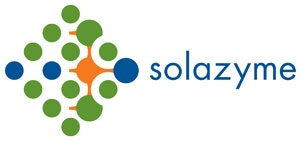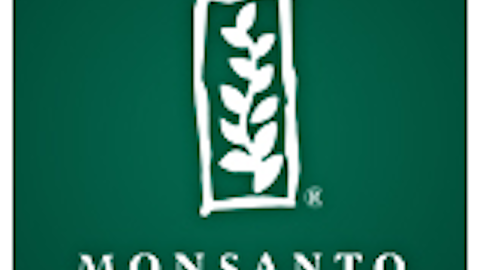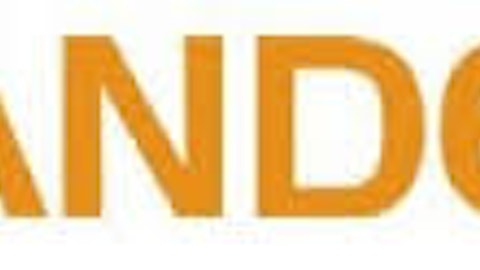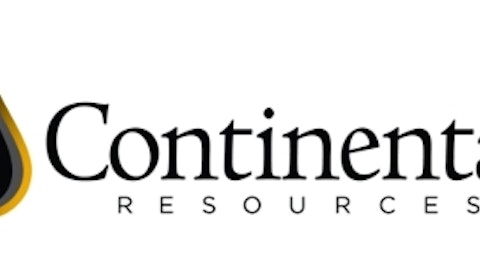 The biofuels industry is abuzz this week. Industry executives are taking a close look at a new contract in place between industry veteran Solazyme Inc (NASDAQ:SZYM) and consumer goods giant Unilever N.V. (ADR) (NYSE:UN).
The biofuels industry is abuzz this week. Industry executives are taking a close look at a new contract in place between industry veteran Solazyme Inc (NASDAQ:SZYM) and consumer goods giant Unilever N.V. (ADR) (NYSE:UN).
In a move to make cosmetics with sustainable ingredients, Unilever will buy at least 10,000 metric tons of Solazyme’s algae-derived oils. The move is an important endorsement for Solazyme’s technology, but it doesn’t bring the company any closer to its goal of becoming a provider of alternative fuels as well.
Indeed, in the decade since Solazyme was founded, the company and its rivals have poured hundreds of millions of dollars into alternative fuel research.
Yet progress has been slow. And investor patience is wearing thin.

The Solazyme/Unilever deal is important in another respect. Though Solazyme is still likely to lose money in 2014, it will now move closer to breaking even, and the Unilever contract will enable the company to once again access fresh capital through a secondary share offering, if need be. Solazyme’s rivals can’t say the same.
The entire biofuels industry has been a savior for investment bankers, and you can get a sense of the serial fundraising by looking at their share counts. Solazyme is an industry exception, as it has raised fresh funds primarily through milestone payments form licensing partners.
Rapidly Rising Share Counts (millions)
Solazyme’s share price is now above $10, though the rest of these stocks trade for roughly $2 apiece. That price indicates that investors believe these companies will need to raise money yet again, though it’s unclear that there is any desire for investors to participate in future capital raises.
Taken as a group, these stocks are down 30% this year. Analysts at Goldman Sachs say “underperformance (for this group) has largely stemmed from disappointing execution and more recently, increasing liquidity concerns and thus potential for greater shareholder dilution.”
As a result, an industry shake-out may be at hand. You can get a sense of how close to bankrupt these firms are by looking at their cash burn for the first six months of 2013, and how much cash they have left.
Disconcerting Cash Burn
Amyris Inc (NASDAQ:AMRS) raised $60 million in fresh capital this summer, which buys the company another three to four quarters before the money runs out. KiOR Inc (NASDAQ:KIOR) has a huge funding gap, relative to its expansion plays and it’s not clear if the company will be able to raise the money it needs. Dyadic International, Inc. (OTCMKTS:DYAI), to its credit, is generating positive cash flow, and management has repeatedly emphasized that no new shares will be issued to shore up the balance sheet.
Most of these firms have recently opened (or will soon open) production facilities to start producing products in high volumes. The five companies (excluding Dyadic) expect to see sales grow from $162 million this year, to $541 million next year, marking a true industry inflection point.
Yet it’s not clear that the cash problems will go away. Indeed, analysts expect all these companies to generate hefty earnings per share (EPS) losses again in 2014, despite the benefit of rising revenue. And before these companies can break even, they will need to scale up production even further, which will require more cash.
At this point, it would appear that Solazyme is the best house in a bad neighborhood.







